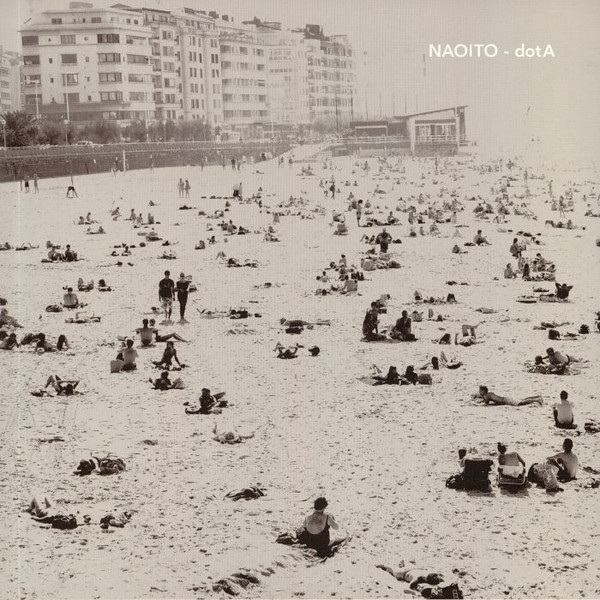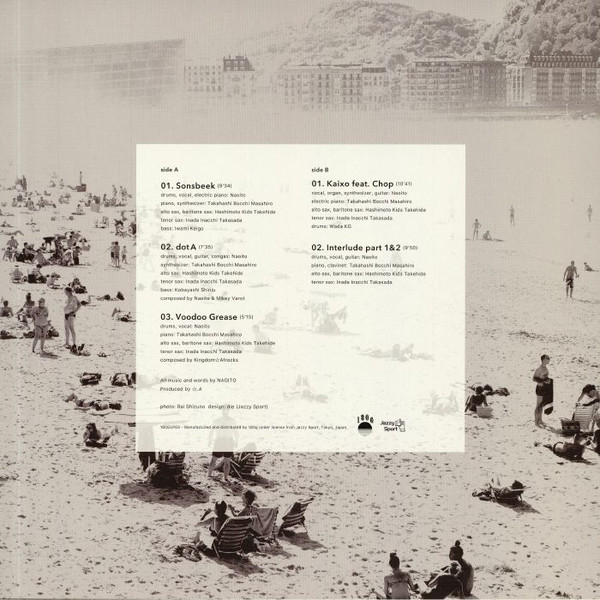Follow Us
Browse
Services
Le Discopathe Disquaire Bar Montpellier
28 rue du Faubourg du Courreau
34000 Montellier
France
0648811713
ALL RIGHTS RESERVED © CG
Open today: 13:00 - 23:00
1 / 0



Artists
Labels
Catno
180GLP03
Formats
1x Vinyl LP Album
Country
Release date
Nov 15, 2019
Styles
One of the most talented Naoito create an explosive mix of spiritual Jazz, Funk, Afrobeat. DotA Vinyle LP 180g Rceords
"Many miss the mark with this kind of thing, but Naoito succeeds by running afro beat, spiritual jazz, and soul-funk through the lens of modern beat production - all executed with the lightest of touches. So sick!" - Light In The Attic
Former member of the Kingdom Afrocks band and one of the most talented artists of today’s Japanese music scene, drummer and multi-instrumentalist Naoito creates with “dotA” an explosive and unique mix of spiritual jazz and afro flavors.
Sung in Japanese and English and bringing the very best musicians of Tokyo’s underground scene, “dotA” is released in Japan on the legendary Jazzy Sport imprint. 180g is proud to bring to the international audience this essential album of contemporary grooves straight from the far-east!
Sold out
*Taxes included, shipping price excluded
Rip Samples from vinyl, pics and Discount on www.lediscopathe.com. Please feel free to ask informations about our products and sell conditions. We ship vinyles world wide from our shop based in Montpellier (France). Come to visit us. Le Discopathe propose news and 2nd hands vinyls, collectors, rare and classic records from past 70 years
A1
Sonsbeek
9:34
A2
DotA
7:35
A3
Voodoo Grease
5:15
B1
Kaixo
10:41
B2
Interlude Part 1&2
9:50
Le Discopathe Disquaire Bar Montpellier
28 rue du Faubourg du Courreau
34000 Montellier
France
0648811713
ALL RIGHTS RESERVED © CG